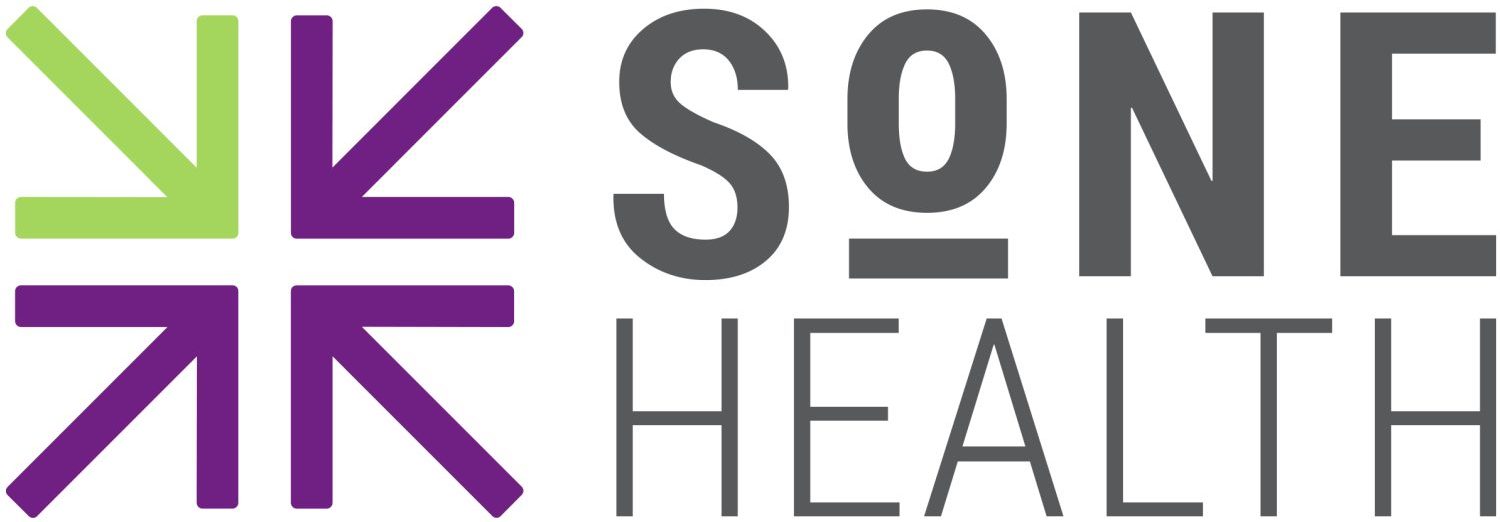 By: Renee Broadbent, MBA, CCSFP
By: Renee Broadbent, MBA, CCSFP
Chief Information Officer & Information Security Officer
The use of artificial intelligence (AI) has exploded in recent years. The use of AI in healthcare holds potential in many areas and can ease the burden of the physician while enhancing and improving the patient experience. That said, there are not many regulations and guardrails around it, and there have been patient data breaches related to the use of AI.
AI is being leveraged in healthcare in numerous ways. One of the primary areas is in diagnostics, where AI algorithms can analyze medical images, such as X-rays, CT scans, and MRIs, to detect abnormalities or potential diseases. AI can also be used in genomics to analyze vast amounts of genetic data, leading to more accurate personalized medicine. AI-powered chatbots and virtual assistants are becoming increasingly common in healthcare, providing patients with quick access to medical information and assisting with the management of chronic conditions. Additionally, AI is being used in drug discovery and development, predicting disease outbreaks, optimizing healthcare workflows, and even helping with surgical procedures. The possibilities are constantly growing as AI continues to advance in the field of healthcare. Deep learning AI can be used to help detect diseases faster, provide personalized treatment plans and even automate certain processes such as drug discovery or diagnostics. It also holds promise for improving patient outcomes, increasing safety and reducing costs associated with healthcare delivery.
The use of AI in healthcare carries with it great potential and risks that need to be carefully considered. One significant concern is the potential for bias in datasets and algorithms, leading to disparities in patient care. If the training data used to develop AI models is biased or incomplete, it can result in inaccurate or discriminatory outcomes, especially for underrepresented populations.
Privacy and security are also major concerns. Healthcare data is highly sensitive. If algorithms are not properly designed, implemented, and secured, there is a risk of unauthorized access or misuse of personal health information. Moreover, there is a fear that AI systems may replace human healthcare professionals, leading to job losses and the erosion of the human touch in medical care. Additionally, overreliance on AI can lead to a reduction in human oversight, potentially resulting in errors or missed opportunities for intervention. Therefore, it is crucial to address these risks through careful regulation, rigorous testing, and ongoing monitoring to ensure the responsible and ethical implementation of AI in healthcare.
Healthcare rests on HIPAA to protect patient data. This applies to AI as well, despite it being in the infancy stage. AI brings a world of opportunity for healthcare. The devil is in the details on how to leverage it as fully as possible, while ensuring appropriate training by those using it and applying some regulatory guidelines.

 Renee Broadbent, MBA, CCSFP is Chief Information Officer & Information Security Officer at SoNE HEALTH
Renee Broadbent, MBA, CCSFP is Chief Information Officer & Information Security Officer at SoNE HEALTH